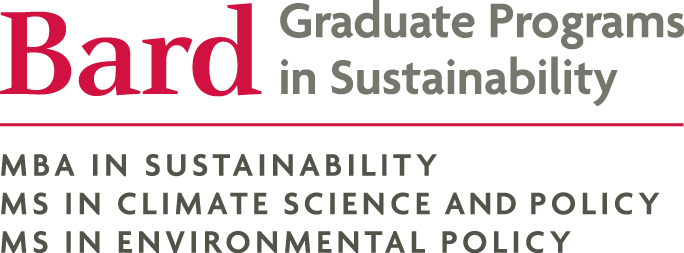The Missing Voice on Climate Post-Paris: Students
Nationwide ‘Power Dialogs’ in April Will Give College Students A Volice In Their Education — and Future
Feb. 19, 2016 /3BL Media/ — In a surprising move, the Supreme Court last week delayed U.S. climate action for a year. Justice Antonin Scalia’s passing following that ruling only complicates matters.
The Court heard from lawyers representing the perspectives of red states and blue states, coal and utility industry lobbyists, and Obama’s EPA. But there was one key stakeholder from whom the court did not hear: the young people who will actually be around in 2050 to experience the impacts of our actions.
Can students gain a voice to change their climate future? The answer is yes, and a key opportunity is the Power Dialog. The week of April 4, in more the 30 state capitols across the country, thousands of college and high school students will meet in face-to-face dialogue with the officials who are in charge of climate policy in their states.
Last December in Paris, the U.S. pledged to cut global warming pollution by 30 percent below 2005 levels by 2030. Along with new commitments from China and other major polluters, the Paris accord is a major step forward.
Underlying the U.S. commitment is the 45-year-old Clean Air Act. This national law was given new legs in 2007 when the Supreme Court decided that, under Clean Air legislation, the EPA had both the authority and the responsibility to force industry to cut global warming pollution.
Eight years later, last August, the EPA finally issued regulations designed to reduce emissions from the power sector. The agency’s Clean Power Plan set a 2030 target for pollution reduction in every state. In Ohio, the goal is 37 percent, in Florida 26 percent, and in Arizona, 34 percent. So, until last week, in each state capitol a person at DEQ (or DEP or DEC) was charged to come up with a plan to meet the target.
Now, thanks to the Supreme Court’s decision, they may be shutting down their spreadsheets. They granted a stay that puts a halt to Clean Power Plan implementation until legal challenges to particular features of the plan are heard and settled, probably by SCOTUS itself later this year.
Some are interpreting the stay as a signal that the Court will force the EPA back to the drawing board on global warming pollution, a move that would fundamentally undermine the U.S. climate leadership that was so critical to the deal in Paris.
The Power Dialog, sponsored by the Center for Environmental Policy at Bard College, focuses on what states can do to help meet the U.S. Paris Climate commitment. It is not a lobbying event. Instead, it is a unique educational opportunity for young people to experience first hand the process of climate policy formation and see how states can move forward at low cost to meet the Paris targets — including the now-stalled Clean Power Plan — and to pose questions like:
- What is the state target for renewable energy, and is it strong enough?
- Will communities of color benefit from this policy, or will they be exposed to even more pollution?
- Is our state going to gain jobs from solar, wind and energy efficiency?
- Are we going to be “trade-ready”?
- Would a price on carbon help meet the state goal?
“The Power Dialog is the best and biggest opportunity to give young people a vital voice in the new rules being debated for climate protection,” says Dr. Eban Goodstein, Director of the Center for Environmental Policy. “It’s a real-world laboratory, with students engaging in real-time policy decisions simultaneously in 30-plus states — a rarity.
“Five years from now, in 2020, the nations of the world are scheduled to meet again to ratchet up their pollution reduction goals, to try and hold the warming to a total of 3 or 4 degrees Fahrenheit. After last week’s decision, it is not clear that the U.S. will follow through on our existing commitments. And if we do not, then the Chinese will have no incentive to meet theirs. This is the moment that will determine if the Paris agreement was indeed historic, or if it will be only a forgotten stop on the road to a runaway global-warming future.”
The Bard Center for Environmental Policy is working with staff from Resources for the Future, the Association of Environmental Studies and Scientists, the National Center for Science Education, and the Association for the Advancement of Sustainability in Higher Education.
Learn how to get involved at www.powerdialog.net.
MEDIA NOTES
Student and faculty organizers around the country are available for interviews.
CONTACTS
Eban Goodstein, Bard CEP director — (503) 806-6370 / ebangood@bard.edu
Scott Tillitt, publicist — (917) 449-6356 / scott@antidotecollective.org
Mark Primoff, Bard PR — (845) 758-7412 / primoff@bard.edu

